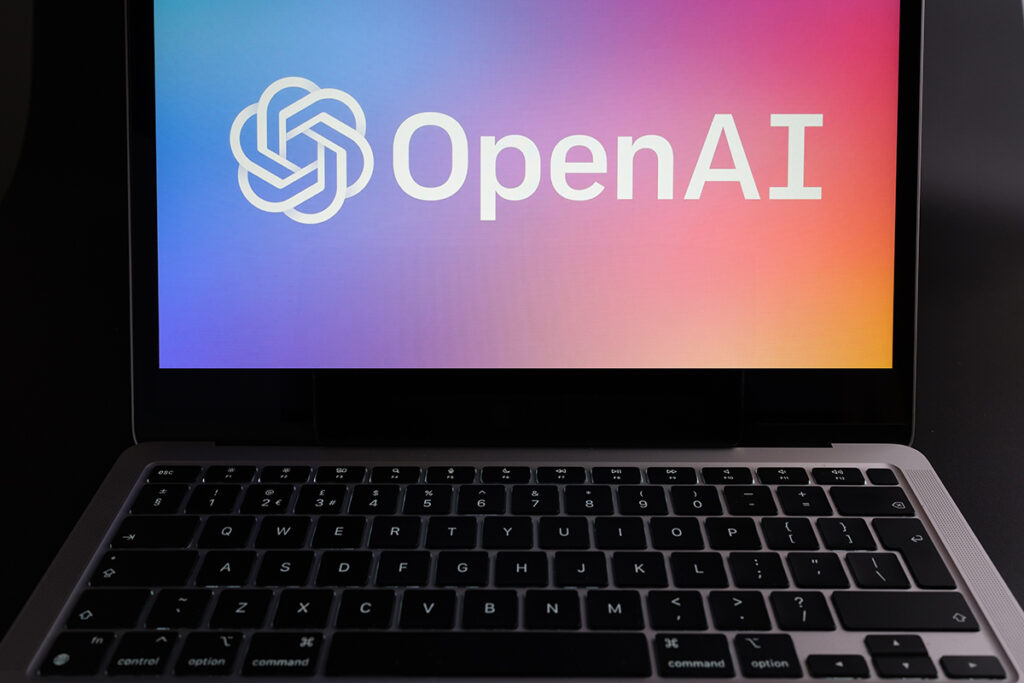In a groundbreaking development, OpenAI has announced the release of Voice Engine, an artificial intelligence marvel capable of replicating human voices with unmatched precision. With just a 15-second voice snippet, this cutting-edge technology can generate remarkably authentic voice replicas, poised to revolutionize the way we interact with AI-generated voices.
The potential applications of Voice Engine are boundless and diverse. Initially conceived for accessibility services, this AI tool shows promise in realms such as translation aid and assisting individuals with speech impairments. Nevertheless, alongside its potential benefits, concerns have surfaced regarding the potential misuse of this advanced voice replication technology for spreading misinformation and facilitating fraudulent activities.
In response to these concerns, OpenAI has proactively implemented measures to address potential misuse. Voice Engine is currently undergoing rigorous testing with a handpicked cohort of trusted partners, encompassing education and health technology enterprises. These partners have pledged adherence to stringent guidelines, committing not to replicate voices without explicit consent and to transparently disclose the utilization of AI-generated voices.
Acknowledging the inherent risks associated with synthetic voice technology, particularly in sensitive domains like electoral processes, OpenAI has outlined precautionary measures. Recommendations include gradually phasing out voice-based authentication for sensitive accounts and instituting safeguards to prevent the creation of voices resembling prominent figures too closely.
One of Voice Engine’s most remarkable features is its multilingual prowess. Leveraging a voice sample in one language, the AI can synthesize a voice capable of articulating in numerous other languages while preserving the original speaker’s tone and accent. OpenAI showcased this capability with samples of AI-generated audio reciting the same passage in Spanish, Mandarin, German, French, and Japanese, preserving the essence of the original speaker across languages.
The introduction of Voice Engine arrives amid eager anticipation for OpenAI’s forthcoming AI-generated video tool, Sora, teased just last month. Promising to craft lifelike 60-second videos from textual instructions, complete with multiple characters, specific actions, and intricate backgrounds, Sora heralds a new era in multimedia content creation. Paired with the recent announcement of ChatGPT’s availability sans sign-up requirements, OpenAI is making remarkable strides in democratizing access to its advanced AI technologies.
Nonetheless, users of ChatGPT should be cognizant of the trade-offs. While the service is now accessible without necessitating an account, certain functionalities, including voice conversations and bespoke instructions, remain exclusive to account holders. Moreover, although users retain the option to opt out of data usage for model enhancement, this choice comes with certain limitations.
As OpenAI continues to push the frontiers of AI technology, the advent of Voice Engine signifies another milestone in the evolution of human-machine interaction. With its unparalleled ability to replicate human voices, this AI tool presents both promises and challenges across a spectrum of applications, from accessibility services to multimedia content creation. As the technology matures, judicious contemplation of its ethical ramifications will be indispensable in harnessing its potential for positive impact while mitigating associated risks.


